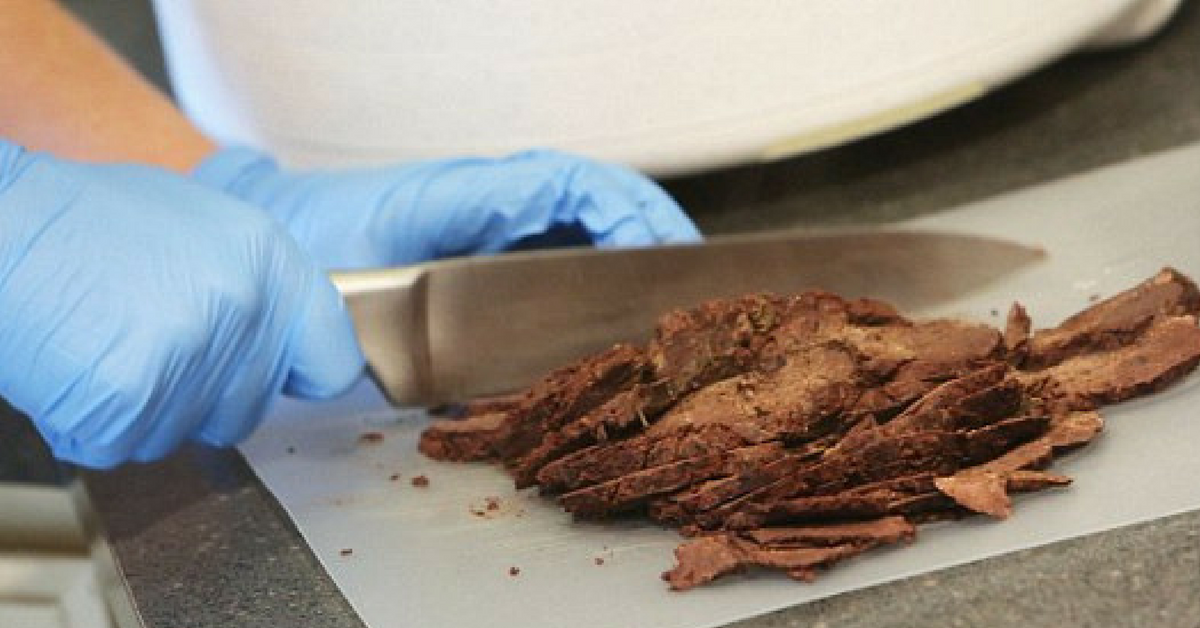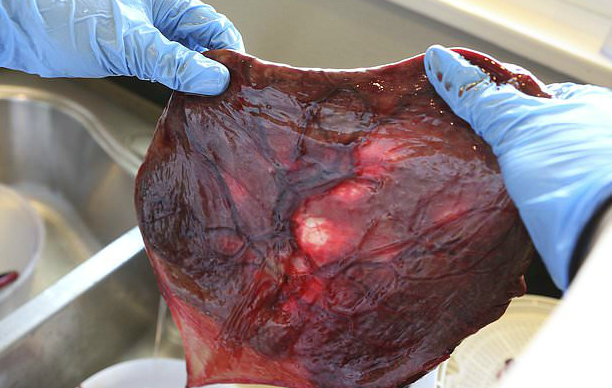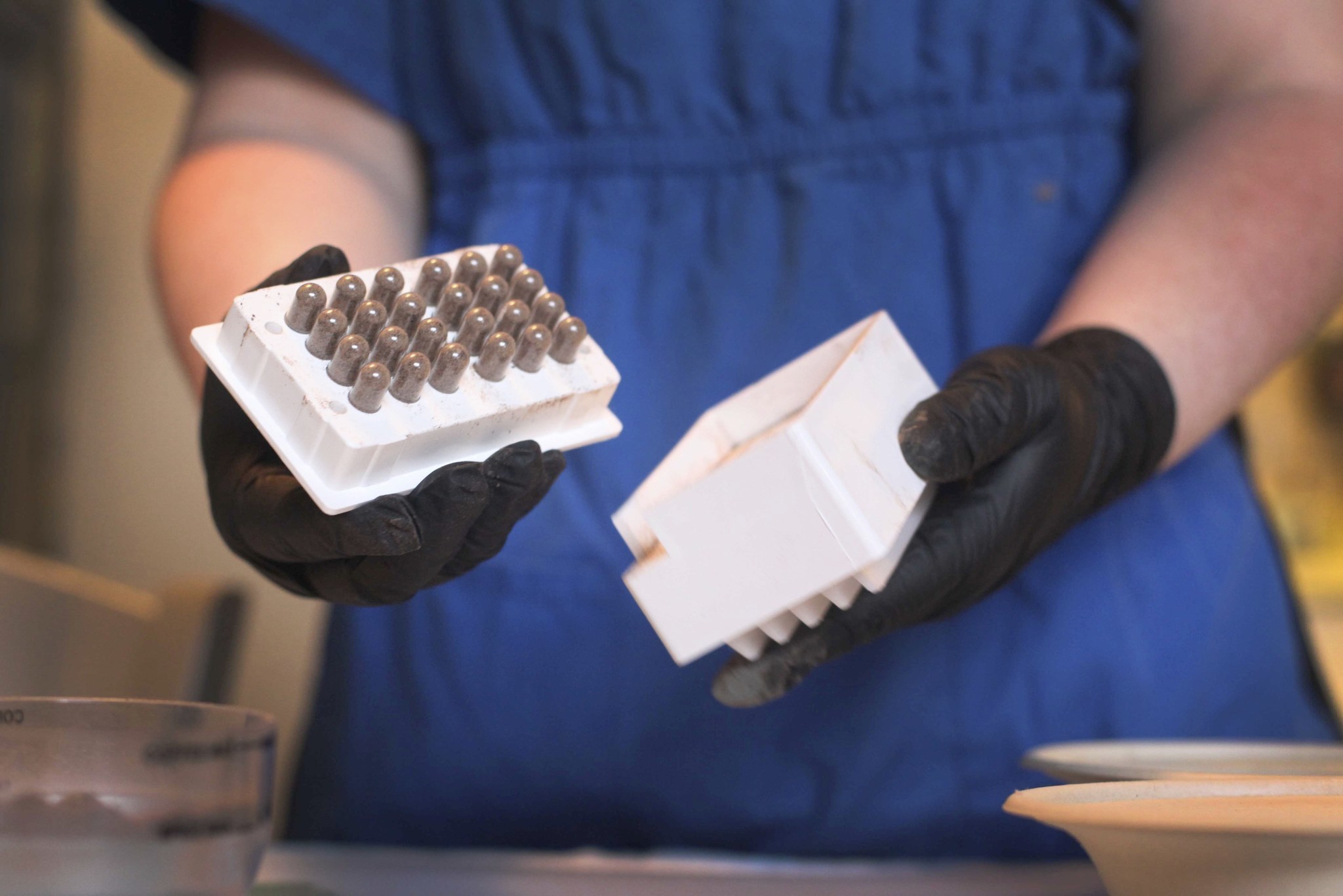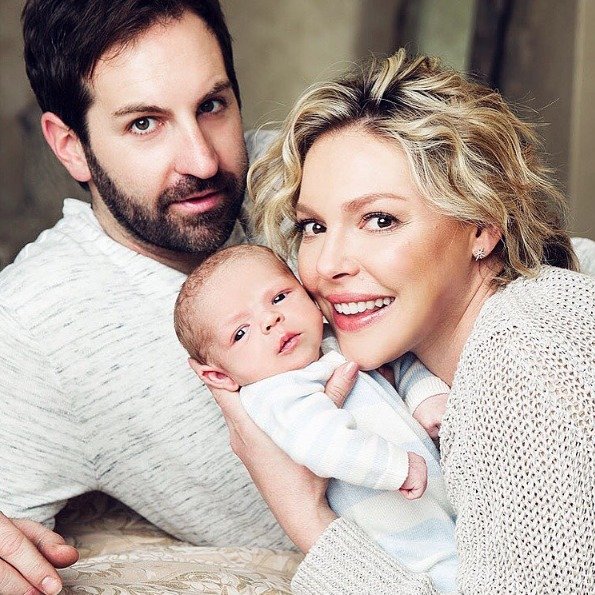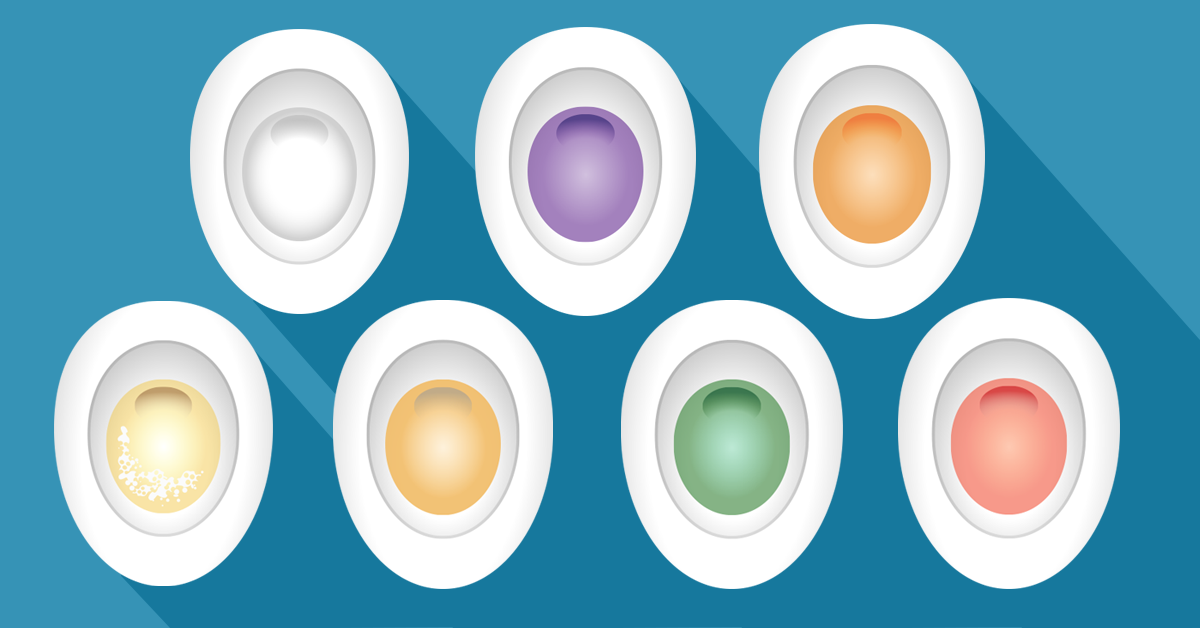Research has proven there may not be any benefits of the rising fad of placenta consumption .
The praised 'superfood' is claimed to boost milk production, prevent post-natal depression and help in pregnancy recovery.
A study from the American Journal of Obstetrics and Gynecology said there have been no proven advantages of placentophagy (the act eating placenta).
"We found that there is no scientific evidence of any clinical benefit of placentophagy among humans, and no placental nutrients and hormones are retained in sufficient amounts after placenta encapsulation to be potentially helpful to the mother postpartum," said the report.
"Medically speaking, the placenta is a waste product," said gynecologist and paper author Alex Farr of the Medical University of Vienna.
While acknowledging there are plenty of mammals who do consume their placenta in the wild, Farr explains the behavior is not common practice in any human culture. He compares the act to cannibalism, asserting the placenta is actually a part of the newborn.
The U.S. Centers for Disease Control and Prevention linked infected placenta pills a with possible transmission of group B streptococcus in a baby.
In 2016, an infant in Oregon became sick after consuming her mother's breast milk. The infection was eventually traced back to the placenta pills the baby's mother had been consuming. The bacteria found in the capsules were identical to those found in the cerebrospinal fluid of the baby.
Despite the results of the study, several celebrities have been endorsing placentophagy and the benefits they've reaped from the experience.
Kim Kardashian revealed in a blog post when she was pregnant with daughter, North, she heard several stories of mothers who had postpartum depression following the birth of their first child but didn't for their second after eating their placenta. After Kardasian had son, Saint, she thought she had nothing to lose.
"I had great results and felt so energized and didn't have any signs of depression!" she gushed on her site. "I definitely had to do it again. Every time I take a pill, I feel a surge of energy and feel really healthy and good. I totally recommend it for anyone considering it!" Kardashian writes.
My experience eating my placenta is up on my app! https://t.co/0aC3YXxIgv pic.twitter.com/xcCEtVCvzb
— Kim Kardashian West (@KimKardashian) December 14, 2015
When Katherine Heigl was pregnant with her son, Joshua Jr., she worked with a naturopath and also consumed her placenta in pill form.
After Heigl's caesarean section, she was told another mother had frozen her placenta.
"They told me that another mother down the hall had a company that freeze dries pills. This guy came, he was a total cowboy: Cowboy hat, cowboy boots ... and a bag of placenta! He took it to his wife who freeze-dried it and turned it into pills and I've been taking them."
Actress Gaby Hoffmann drank her placenta weeks after her daughter, Rosemary's birth in the form of smoothies. She claims it boosted her energy and milk supply.
"I made smoothies out of it for three weeks. I had a home birth, so my midwife and my doula took it and cut it up into 20 pieces and froze it, and every day, I put it in a blender with strawberries and blueberries and guava juice and a banana, and I drank that shit up," Hoffmann said.
Placenta can be eaten raw, cooked, roasted, dehydrated, or through smoothies and liquid extracts. However, the most popularly ingested form placenta is through pills, encapsulated after a steaming and dehydration process.
Would you eat your placenta? Let us know in the comments!
